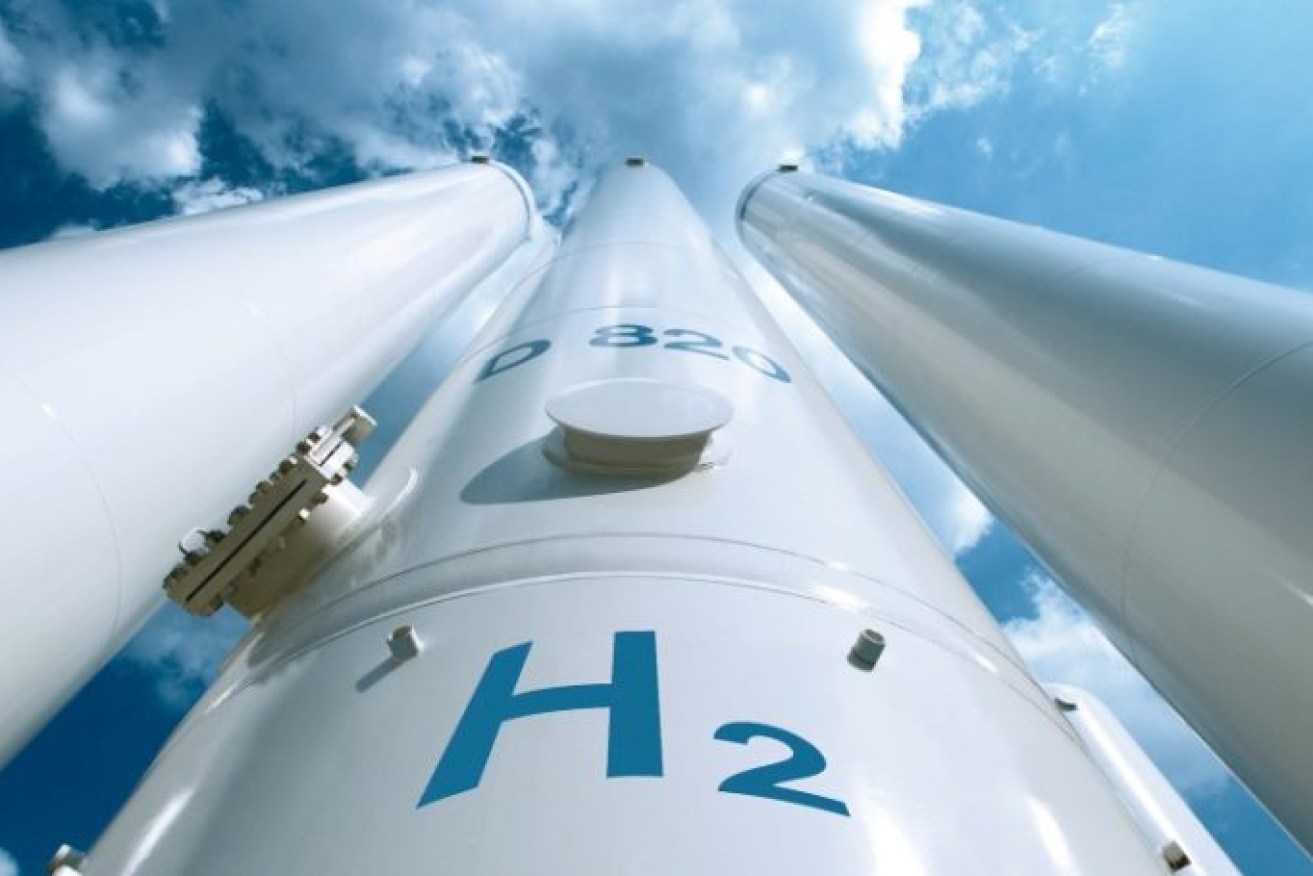Fuelling the future with hydrogen technology
States and territories are increasingly looking to hydrogen as a future fuel to help decarbonise economies. BDO’s Melissa Fardone explains how hydrogen can be traded as energy and looks at how Australia’s ‘cluster’ approach is driving the advancement of the fledgling industry.

Like many countries, Australia is under increasing pressure to decarbonise and is exploring a variety of ways to achieve this.
One innovative option is the use of hydrogen as a renewable energy.
Hydrogen has been referred to as the “future of fuel” with potential uses including fuel for transport, heating and electricity, or as a raw industrial material.
Melissa Fardone, a Director with BDO R&D and Grants, says she is seeing an increase in hydrogen-based research and development (R&D) claims from South Australian companies.
“As the industry gets more traction in SA, the benefits of R&D incentives are allowing these innovative, early-stage companies to keep re-investing in the sector and advancing the technology being developed,” she says.
Some state and territory governments are using hydrogen technology developments as one option to create clean, safe and sustainable energy and help reach their goal of a decarbonised economy.
While hydrogen won’t replace all other forms of energy, it would work alongside wind, solar and thermal solutions to benefit specific industries.
What is hydrogen energy?
As the most abundant chemical in the world, hydrogen can be found in water and the atmosphere and is one of the energy sources that could help the world operate at net-zero emissions. It has many characteristics and potential uses that make it an attractive option as a future energy source.
Hydrogen can be stored as gas for later use, eventually delivered through existing natural gas pipelines. It can also be converted into a liquid and transported in trucks or shipped overseas – so it has the potential to be a tradeable energy export.
Australia’s approach: hydrogen clusters
Australia is spearheading many advances in the hydrogen market, with investments underway to create 13 technology clusters across all states and territories. These clusters will help develop supply chains, reduce deployment challenges and improve the commercialisation opportunities of hydrogen. Although collaboration among individual facilities is still in the early stages, clusters have an increased potential over individual sites to gain government support and assistance to further develop hydrogen technology in Australia.
Hydrogen clusters help:
- Make hydrogen energy more attractive to investors
- Generate awareness, understanding and support about the benefits of renewable hydrogen energy
- Build skills, technologies and opportunities to fully grow the hydrogen industry potential in Australia
- Encourage innovation around hydrogen technology and commercialisation.
Australia’s geographic advantages
Australia’s access to ample natural resources, including wind and solar, give it a unique advantage. This will be an enormous help in the creation of ‘green hydrogen’ energy, which means that Australia will be able to generate hydrogen without the use of fossil fuels.
Hydrogen as a trading commodity
Because of its location, Australia has the opportunity to use hydrogen to broaden its export base beyond coal. Its proximity to areas of high energy consumption, such as Asia, coupled with our potential as a leader in hydrogen production, could help generate wealth for the country. Commercial-volume hydrogen energy production has the potential to create an entirely new export market for Australia.
Current challenges
Although hydrogen is abundant, inexpensive and clean-burning, it doesn’t come without challenges. Hydrogen facilities are expensive projects, and few companies have the means or level of investment to make the element a cost-effective alternative.
In order for hydrogen to become a viable option, it will require the support of government via the creation of an incentive scheme, or similar. With government policy and investment leading the way – potentially on the back of the Federal Government’s recent commitment to net zero emissions by 2050 – companies may become more aware of, and inclined to act upon, their environmental, social and governance responsibilities to access cleaner technologies.
The positive reputational impacts of reducing harmful emissions could help make investments in hydrogen energy more mainstream, generating more conversations, opportunities and research.
Supporting the move towards hydrogen
Hydrogen technology isn’t cheap. Small companies often lack the capital required to fund the technology and are therefore reliant on government grants to match their investments. Many of these smaller companies have cutting-edge technology and good relationships within the industry, but simply can’t afford to invest in building a multi-million dollar facility.
Given this, they need the help of the private sector and government partners to optimise energy efficiency.
BDO helps companies access the funding they need in a number of ways, by providing:
- Help to identify competitive government grants
- Assistance accessing relevant tax incentives
- Support in preparing grant applications
- Help connecting with the right people in government for insight about specific funding and incentives.
In South Australia, we are involved in on the ground projects and hydrogen cluster efforts. Building relationships, presenting at meetings and getting to know members means we are able to offer assistance and access to smaller companies hoping to be involved in the movement toward cleaner energy.
This article is a version of one originally published at bdo.com.au on March 2, 2022.





